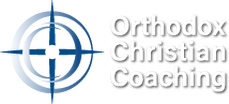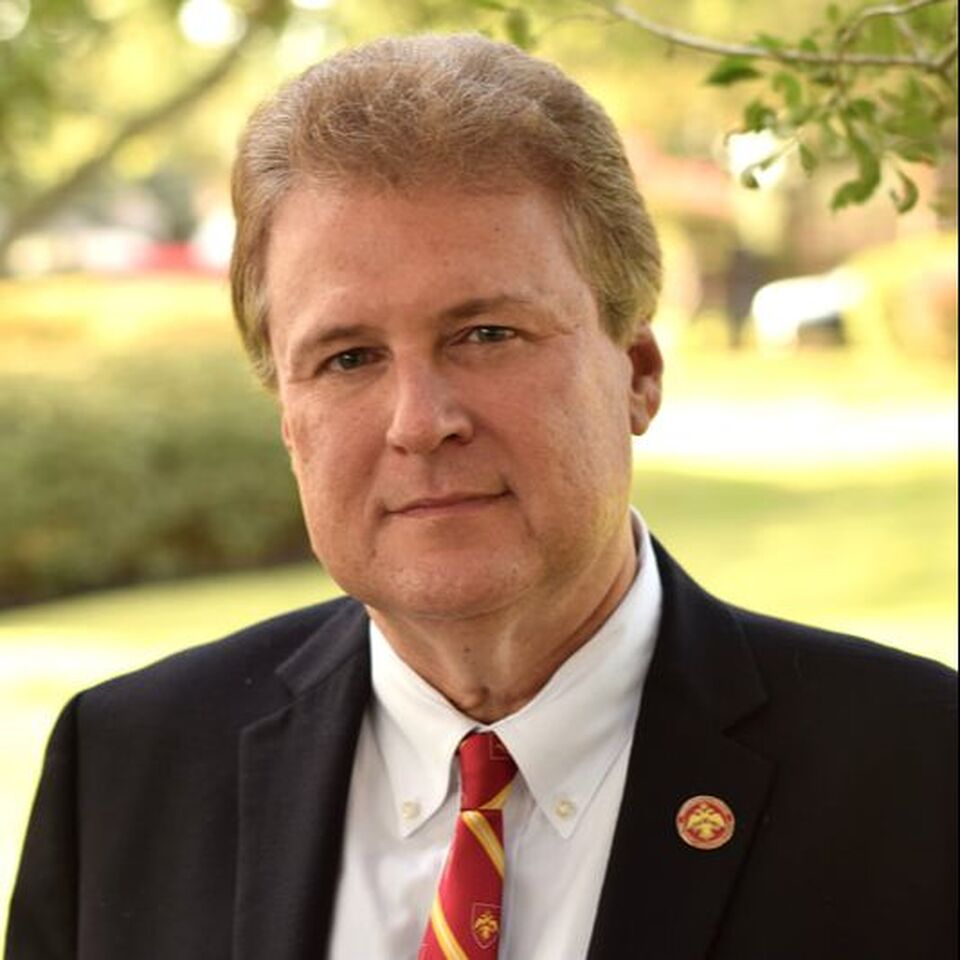DR. JOHN MARK REYNOLDSBoard Chair
John Mark N. Reynolds is President of The Saint Constantine School, a kindergarten through college program. He was provost at HBU and the founder of the Torrey Honors Institute at Biola University. He writes a daily column for Patheos and is the author or editor of several books and numerous articles. Reynolds is married to Hope and has four adult children. He is a member of Saint Paul Antiochian Orthodox Church where he serves on the parish council. Dr. John Mark Reynolds is a Fellow of the Center For Science and Culture at The Discovery Institute and the former provost of Houston Baptist University. He was the founder and director of the Torrey Honors Institute, the Socratic, great books-centered honors program at Biola University. He received his Ph.D. in Philosophy from the University of Rochester, where he wrote his dissertation analyzing cosmology and psychology in Plato's Timaeus. Dr. Reynolds is the author of numerous books, including When Athens Met Jerusalem: an Introduction to Classical and Christian Thought and is the editor of The Great Books Reader. He is a frequent blogger and lecturer on a wide range of topics including ancient philosophy, classical and home education, politics, faith, and virtue. John Mark attends St. Paul Orthodox Church in Katy, Texas with his parents, brother, wife, and children. An avid technophile, the lights, speakers, and computers in his house can all be controlled by his phone, to both cool and disastrous effect. He loves Disneyland, Star Trek, and the Green Bay Packers. John Markand his wife Hope have four homeschool-graduate children: L.D., Mary Kate, Ian and Jane. "Many are in need of spiritual healing and Orthodoxy has the medicine. The need is great so giving this good gift requires all the faithful, laypeople and clergy. God’s great gifts to us in the life of the church are primary, yet we also must minister to people in their daily work lives, homes. The Orthodox Christian Leadership Initiative brings training to parish life, from councils to ministries, and to laypeople in secular jobs. This training can create skills needed to bring health to us and to those around us." |
© Orthodox Christian Coaching. All rights reserved.
Orthodox Christian Leadership Initiative is a 501 (c)(3) nonprofit; FEIN 83-2005526
Orthodox Christian Leadership Initiative is a 501 (c)(3) nonprofit; FEIN 83-2005526

